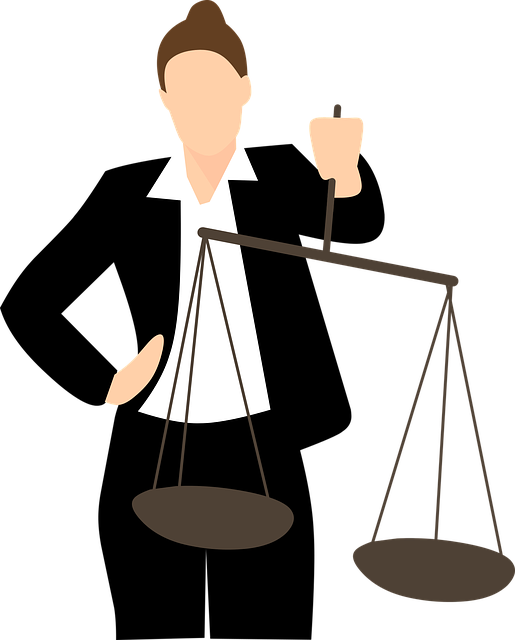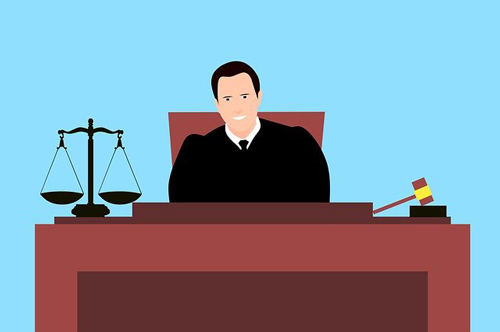ECAB
The Employees’ Compensation Appeals Board (ECAB)
The Employees’ Compensation Appeals Board (ECAB) was created in 1946 by statute to hear appeals taken from determinations and awards under the Federal Employees’ Compensation Act with respect to claims of federal employees injured in the course of their employment. The Board has final authority to determine the liability of the Federal government with respect to the disability or death of employees injured in the scope of their employment. There is no further administrative or judicial appeal of ECAB decisions. The Board, by statute, consists of three Members appointed by the Secretary of Labor, one of whom is designated as Chairman of the Board and administrative manager.
The Board’s mission is to hear and decide cases on appeal from decisions of the Office of Workers’ Compensation Programs (OWCP) in an impartial and expeditious manner. The decisions of the Board are made in accordance with its statutory mandate, based on a thorough review of the case record as compiled by OWCP. Injured federal workers have the opportunity for a full evidentiary hearing with OWCP’s Branch of Hearings and Review prior to review of the record by the Board*.
Appeals
The Employees’ Compensation Appeals Board (Board) is an appellate body with jurisdiction to consider and decide appeals from the final decisions of the Office of Workers’ Compensation Programs (Office). The Board is independent of and a separate agency distinct from the Office. Once a final decision has been issued by the Office, an appeal may be filed with the Board for up to six months or 180 days from the date of the Office’s decision. The Board does not have authority to authorize requests for medical treatment or other matters relating to the claim during the processing of the appeal. The Board strives to process appeals in the order in which they are filed and as expeditiously as possible.
Representation
An appellant may be represented before the Board by an attorney, union representative, or other individual. The appellant must submit a signed statement authorizing his/her representation before the Board, either by completed items number 8 and 9 on the Application for Review (AB-1) Form or submitting a separate signed statement of authorization. All fees for legal services performed require approval of the Board. The payment of any fee approved by the Board is the responsibility of the appellant/


No New Evidence
After the appeal is docketed, a request is made by the Board to the Office to forward the case record. The Board’s review of a case is limited to that evidence which was in the case record at the time the Office issued its final decision. New or additional evidence may not be submitted for consideration by the Board. Should you have new evidence you wish to have considered by the Office, a written request for reconsideration may be addressed to the district office of the Office for the area in which you reside.
Oral Argument
Oral Argument may be requested before the Board and is held only in Washington, D.C. The Board does not pay for travel or incidental expenses related to attending oral argument. The scheduling of the date for oral argument can be expected to add to the time in which the appeal is processed. If oral argument is not requested, the appeal will be considered by the Board based on the case record as submitted by the Office. Oral argument before the Board should not be confused with a hearing before an Office hearing representative. There is no provision for the introduction of new evidence or testimony or questioning of witnesses. Oral Argument is appellate in nature and must be confined to the evidence in the case record and the issues raised. Attorney Douglas Sughrue do not recommend spending time and money requesting and attending oral argument. Choosing oral argument is not a effective use of an injured federal employees money.


Board Decisions
The Board will issue a written decision or order in every appeal which sets forth the relevant facts of the case, the applicable law, and the reasoning upon which the Board based its action. A copy of the Board’s final decision will be sent to you and any duly authorized representative. Currently, ECAB decisions are taking between 9-12 months. For this reason, Attorney Douglas Sughrue concentrate their efforts in front of the OWCP by submitting Reconsiderations which take approximately 90 days for the OWCP to decide.
Petition For Reconsideration
If you are not satisfied with the decision of the Board, a petition for reconsideration may be filed within 30 days from the date of the Board’s decision. The petition should set forth the error of fact or law that you think the Board made; not just that you disagree with the decision. If no petition for reconsideration is filed, the decision of the Board becomes final after 30 days. A decision of the Board is final as to the subject matter appealed and is not subject to court review. After a decision of the Board becomes final, any further request to reopen the claim must be submitted to the district office of the Office for the area in which you reside/

Representing Injured Federal Workers Across the Nation
Get advice with Sughrue Law's free 15-minute telephone consultation.

